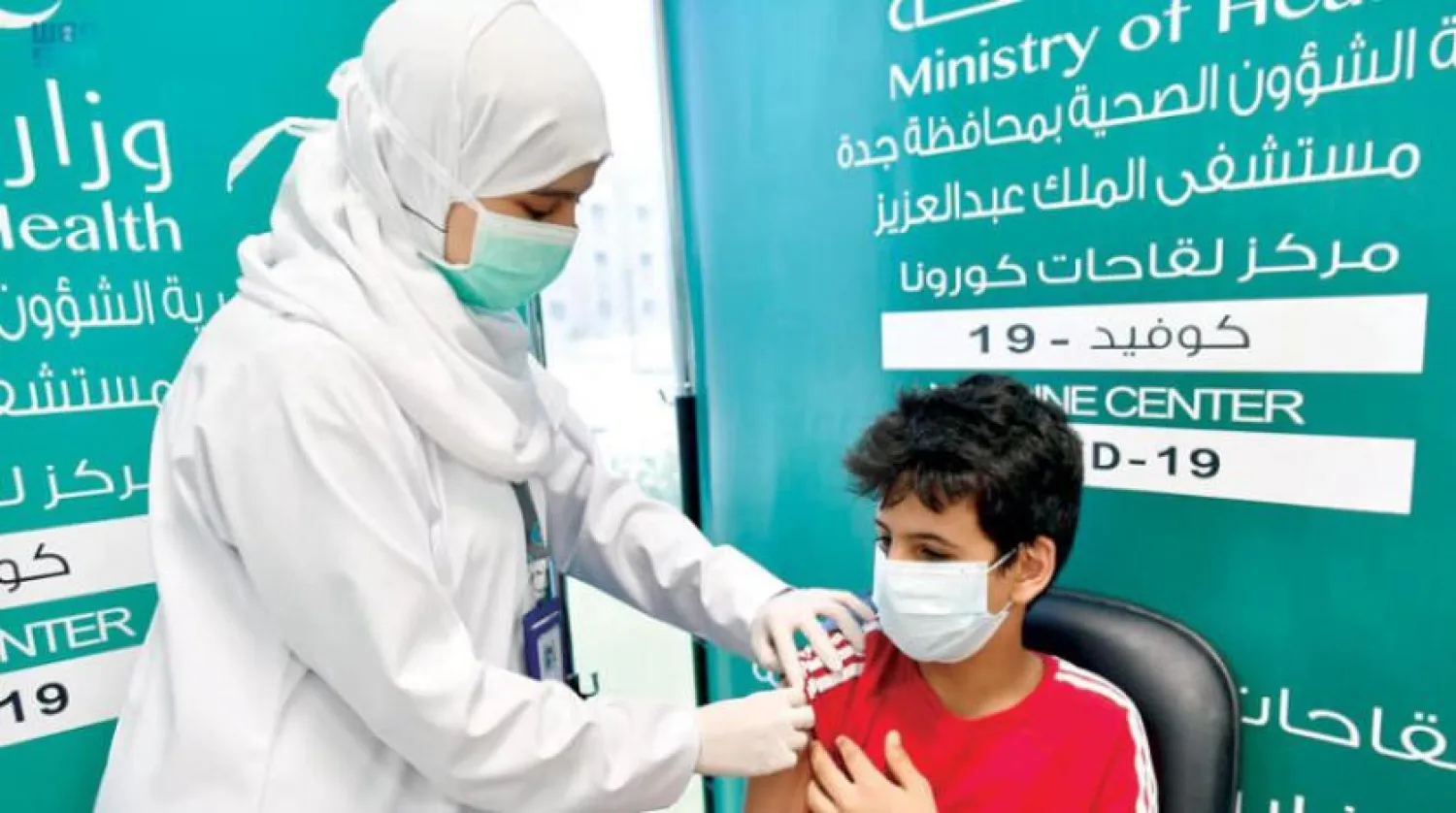Saudi Arabia said on Sunday that the number of people infected with the Omicron variant of the coronavirus is on the rise in the Kingdom.
Abdulrahman al-Hussein, spokesman of the Ministry of Commerce, said only people who have taken all their vaccine jabs, as well as a booster shot, will be allowed to enter facilities, commercial centers, malls, restaurants and cafes.
The decision will be effective from Feb. 2022.
Access to commercial centers and major facilities is now possible by scanning an automated verification barcode, and each establishment is required to assign monitors to ensure shoppers are following the rules, he stressed.
He warned against any non-compliance to the health measures, such as wearing masks, checking health status on the Tawakkalna app and disinfecting all surfaces, especially shopping trolleys and baskets after each use.
The supervisory teams in the ministry continue to monitor compliance with the measures, Hussein stressed.
In December, more than 70,000 inspection rounds were carried out, in which more than 700 violations were detected.
Health Ministry spokesman Dr. Mohammed Abdelali said omicron has now been detected in nearly 115 countries around the world.
He stressed that addressing the pandemic requires compliance with precautionary measures, such as completing all the coronavirus vaccine doses, including the booster shot, and implementing all protocols recently announced by the competent authorities.
The booster shot has been made available for people aged 16 and above and three months after they received the second jab.
Saudi Arabia has administered over 49,550,000 COVID vaccine shots at 587 vaccination centers.









